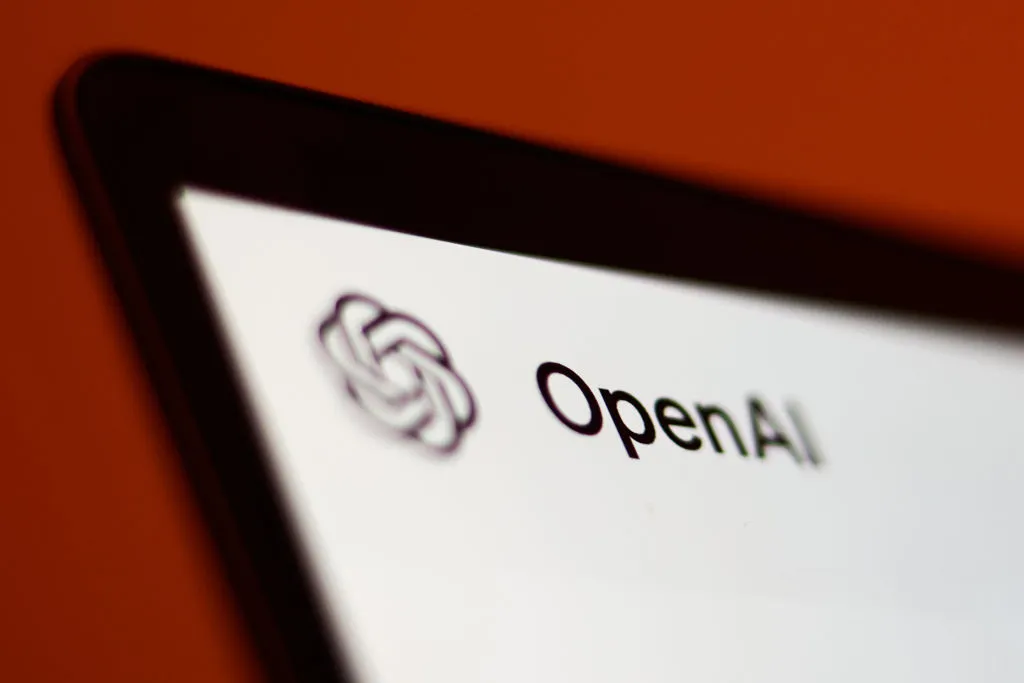AI-Driven Browser Wars Reignite: A New Battle for Dominance

Image Credits:Jakub Porzycki/NurPhoto / Getty Images
The New Age of Browser Wars: OpenAI’s Atlas Launch
Introduction
The ongoing browser wars have taken an intriguing turn, with artificial intelligence steering the next phase of development. This time, OpenAI has made waves with the launch of Atlas, a groundbreaking ChatGPT-powered browser that promises to change how users interact with the web. However, with innovation comes challenges, particularly regarding security. In this article, we delve deep into the features of Atlas, its implications for the future of web browsing, and the recent fluctuations in the tech landscape.
OpenAI’s Atlas: A Game Changer
OpenAI’s Atlas represents one of the most significant browser launches in recent years, primarily because it harnesses the power of conversational AI. Unlike traditional browsers, Atlas allows users to surf the web using natural language queries, enabling a more intuitive browsing experience. Whether searching for information or completing tasks, users can interact with the browser as if it were a human assistant.
Key Features of Atlas
-
Natural Language Navigation: Atlas allows users to enter queries in everyday language, simplifying the search experience. This feature is particularly beneficial for those who may not be tech-savvy or for users who prefer a conversational interface.
-
Agent Mode: One of the standout features is the “agent mode,” which enables the browser to autonomously complete tasks. This includes filling out forms, sending emails, and even gathering information from various web pages, significantly reducing the time users spend on routine tasks.
-
User-Centric Design: The interface is designed with the user in mind, providing a streamlined layout that makes navigation easier while integrating AI functionalities seamlessly.
Security Concerns
Despite its innovative features, Atlas launched with a significant security flaw. Reports suggest that this vulnerability may expose users’ passwords, emails, and other sensitive information. Such a setback is concerning, especially as cybersecurity threats continue to rise in today’s digital landscape. OpenAI has stated that they are actively working to address these vulnerabilities, but the launch’s timing raises questions about prioritizing security in the race for innovation.
The Importance of Cybersecurity
As browsers evolve to include advanced functionalities, the importance of prioritizing security cannot be overstated. Users expect not only convenience but also safety when engaging with web applications. Failure to address security concerns promptly could undermine user trust and hinder adoption rates for innovative technologies like Atlas.
The Growing Landscape of Alternative Browsers
Atlas’s launch comes amidst a broader wave of alternative browsers vying for user attention. While mainstream browsers like Chrome and Firefox dominate the market, many users are seeking alternatives that offer enhanced privacy features, personalized experiences, and innovative functionalities.
Notable Competitors
-
Brave: Focused on privacy, Brave blocks ads and trackers, ensuring users have a more secure and less cluttered web experience.
-
Vivaldi: This browser emphasizes customization, allowing users to personalize their browsing experience extensively.
-
Microsoft Edge: Although not a new entry, recent updates have enhanced its features, making it a strong competitor in the market.
The launch of Atlas introduces a new player into this mix, and its focus on AI-driven functionality could spark further innovation among competitors.
The Impact of the AWS Crash
In the week leading up to Atlas’s launch, the tech community experienced a significant disruption due to a crash of Amazon Web Services (AWS). The incident led to widespread outages across many websites and services, further highlighting the fragility of our digital infrastructure.
Key Takeaways from the AWS Outage
-
Reliability of Cloud Services: The AWS crash emphasizes the importance of reliable cloud services in maintaining online availability. Many companies depend on AWS for hosting, making it crucial for users to be aware of the potential risks associated with cloud dependency.
-
Shift in User Behavior: Outages like this can shift user behavior, leading individuals to explore alternative platforms or browsers that may promise better reliability.
-
Innovation Demand: Such disruptions can accelerate innovation, prompting companies to focus on creating more resilient systems and applications, including security enhancements for emerging technologies like Atlas.
Join the Discussion
To stay updated on Atlas and other relevant tech news, TechCrunch’s Equity podcast is an excellent resource. Max Zeff, Anthony Ha, and Sean O’Kane delve into Atlas’s launch and discuss the broader implications for the tech ecosystem, including the security challenges faced by new applications, the wave of alternative browsers, and insights from the recent AWS crash.
How to Subscribe
You can listen to Equity on popular platforms like Apple Podcasts, Overcast, Spotify, and more. Additionally, follow the podcast on social media platforms such as X (formerly Twitter) and Threads using the handle @EquityPod for the latest updates and discussions.
Conclusion
As the competition in the browser space heats up with the introduction of AI-powered browsers like Atlas, users can expect more innovation and, hopefully, improved security measures. While Atlas has set a high bar with its natural language features and agent mode, it must also prioritize addressing its security vulnerabilities to build trust among users. The ongoing evolution of web browsers will likely continue to shape how we interact with the digital world, making it an exciting landscape to watch.
Stay tuned for more updates as the browser wars progress!
Thanks for reading. Please let us know your thoughts and ideas in the comment section down below.
Source link
#browser #wars #time #theyre #powered





